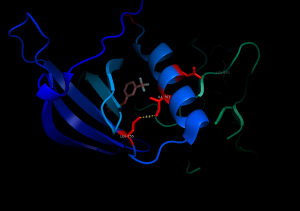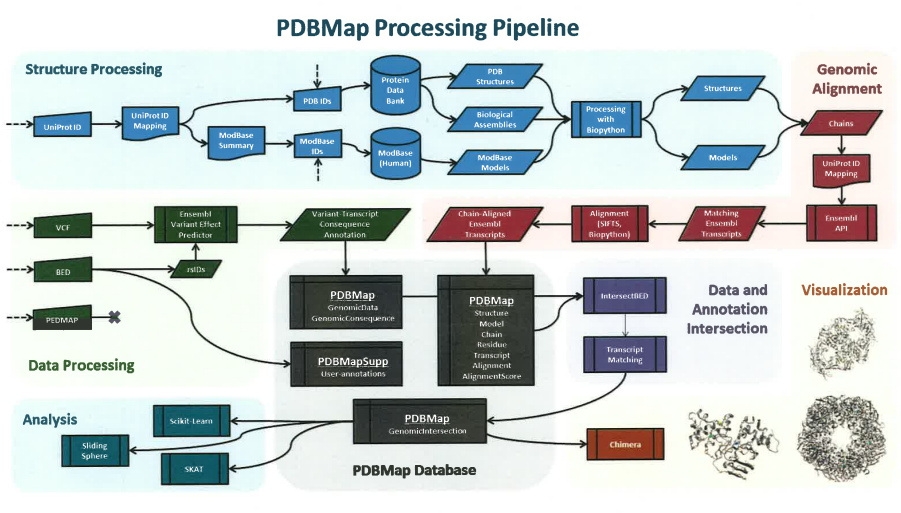About
Medicine is on the cusp of a revolution in the methods used to diagnose and treat disease. Dramatic reductions in the cost of DNA sequencing are enabling its use as a clinical and diagnostic tool, and in the next few years, it will be possible to cheaply and efficiently obtain the entire genome sequence of patients. This offers the promise of targeted personalized treatments that reflect patients’ genetic backgrounds and predispositions to disease. However, there are several roadblocks to fully realizing the transformative potential of integrating genetics into the clinic. For example, interpreting the clinical meaning of an individual’s genome is very difficult. The methods for analyzing the variants discovered within personal genomes and exomes are still in their infancy and often provide insufficient guidance for clinicians. In other words, we
do not currently understand how to go from a patient’s genetic variation profile to actionable clinical decisions. Over the past fifteen years structural biology has been revolutionized. We now have three-dimensional structures of 100,000 proteins (10 times as many as 15 years ago) and can readily construct accurate models for around 74% of protein variants in the human genome. The fundamental idea of personalized structural biology: Variants of unknown significance that are distant in a gene of a protein, might be close in three-dimensional structure and therefore share a common cause for disease by disrupting the same function of the protein. In other words, the “functional” context of a variant of unknown significance is different than its genomic context. Obtaining a structural model of variants of unknown significance can therefore inform interpretation and create hypotheses of the effects of the variant.
Another step in the investigation of the link between gene variants and functional effects is the focus of our partner program in the Molecular Basis of Genetic Disease
Funding:
Lovly, C., & Meiler, J. (2015). Personalized Structural Biology in Cancer Research American Association for Cancer Research (AACR) (pp. 1 January 2016 – 2031 December 2018).
Lovly, C., & Meiler, J. (2015). Personalized Structural Biology in Cancer Research The V Foundation for Cancer Research (pp. 1 January 2016 – 2031 December 2018).
Meiler, J. (2015). Personalized Structural Biology Approach for ErbB2 Mutations Vanderbilt Specialized Programs of Research Excellence (SPOREs) as part of NIH NCI P50 CA098131 SPORE IN BREAST CANCER (1 July 2015 – 2030 June 2016).
Meiler, J. (2014). Chancelor Faculty Fellow Vanderbilt University (1 July 2015 – 2030 June 2017).



©2026 Vanderbilt University ·
Site Development: University Web Communications